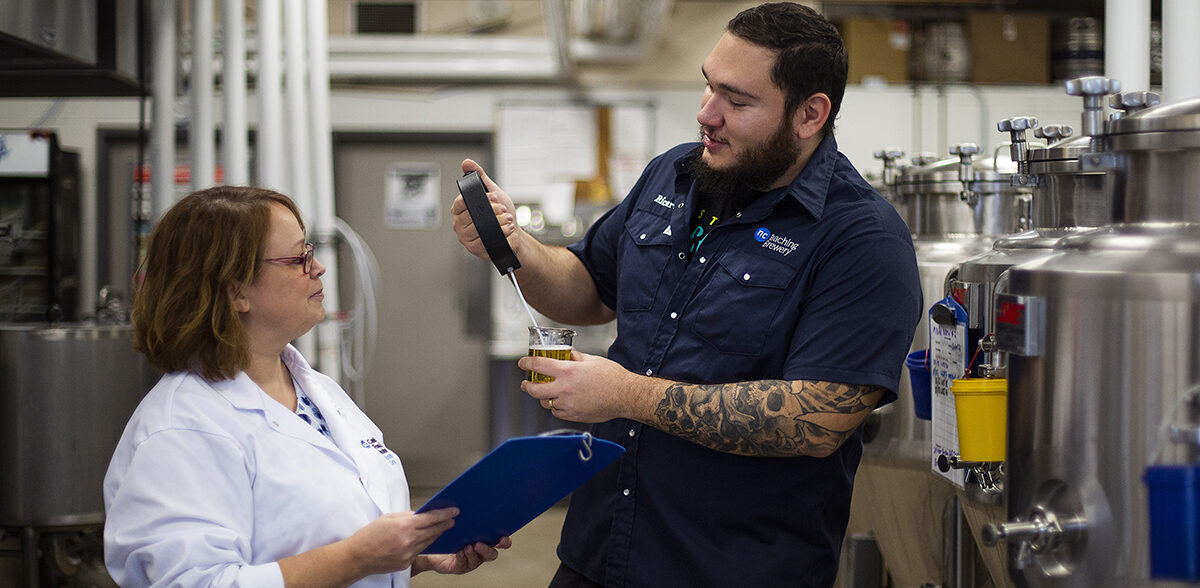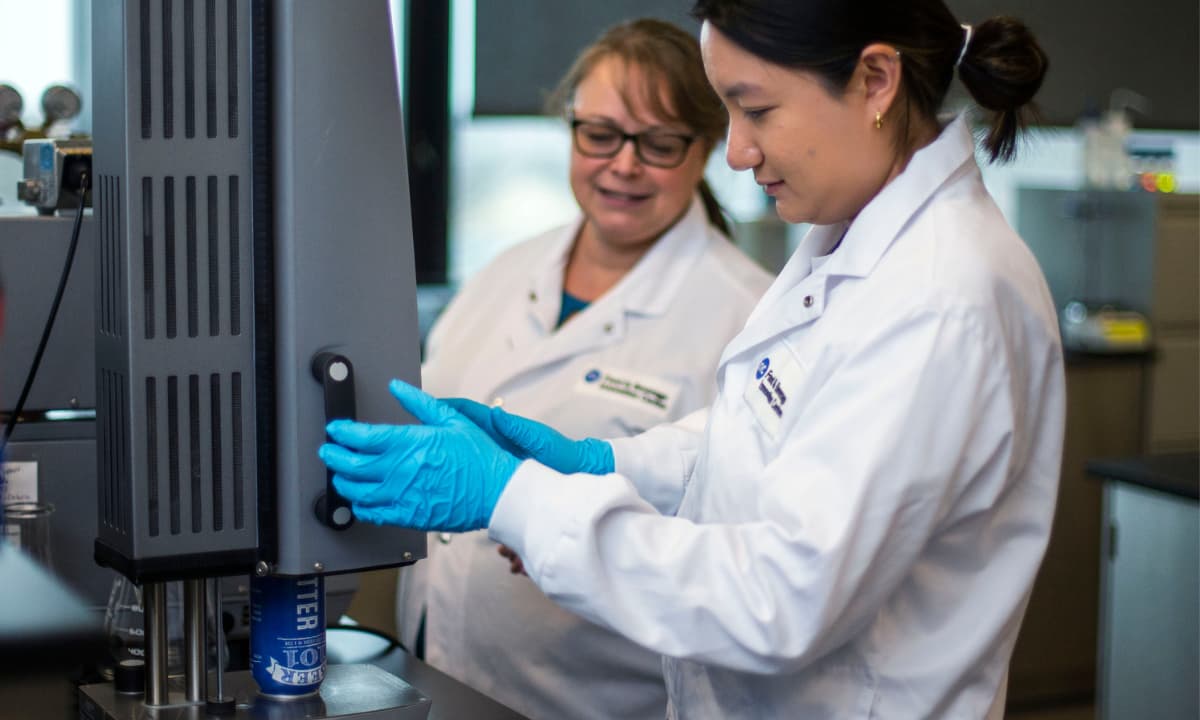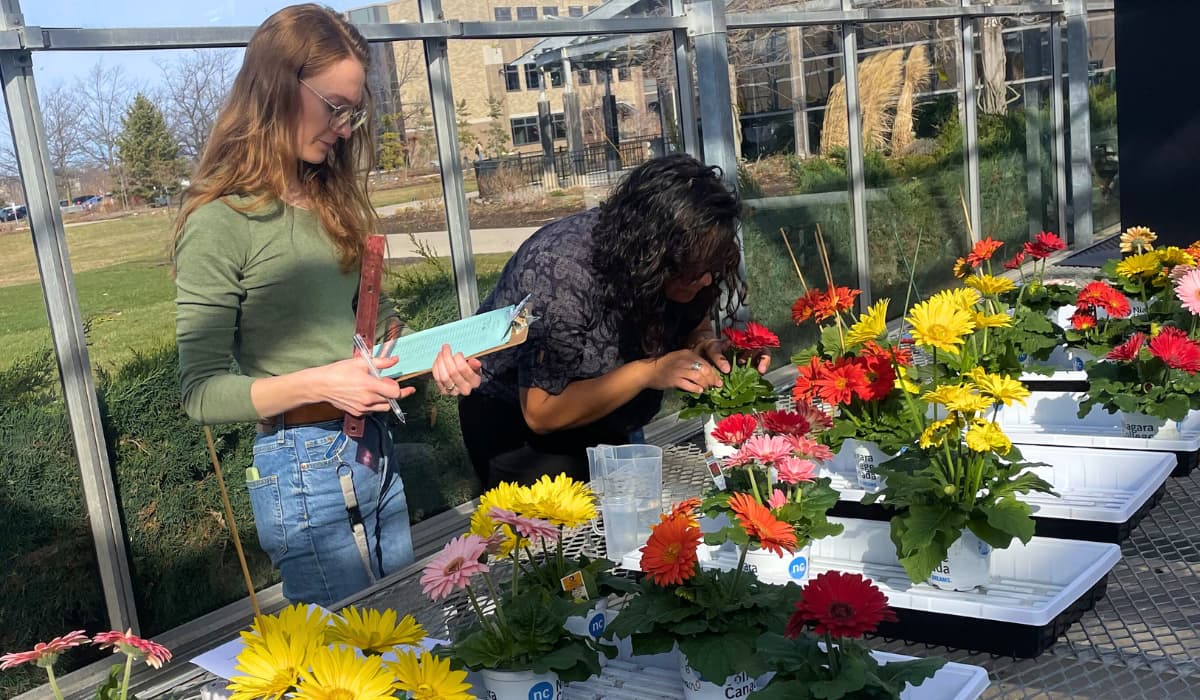Niagara College (NC) is committed to the professional development and innovative/trailblazing spirit of its employees and is therefore supporting research initiated by College employees within the bounds of available resources.
According to the Niagara College Strategic Plan 2022-2027, NC is an innovative community.
We act swiftly to “seize opportunities and overcome challenges with tenacity.” In our innovative spirit, we look for new ground and new horizons, while being flexible, taking risks with “bold, calculated moves.” Yet at the same time, we pursue sustainability in all we do, being conscientious in the use of environmental, physical, human, and financial resources.
The key areas of focus in the Niagara College Strategic Plan will form the key themes for projects to be considered under the Research Opportunity Fund (ROF). They include:
- Wholistic Student Experience
- Alumni and Partner Engagement
- Academic Excellence
- Social Inclusion and Environmental Sustainability
- Global Reach
- Organizational Excellence
In this Trailblazing spirit, NC will therefore directly support research and scholarly activity of its employees through the ROF.






